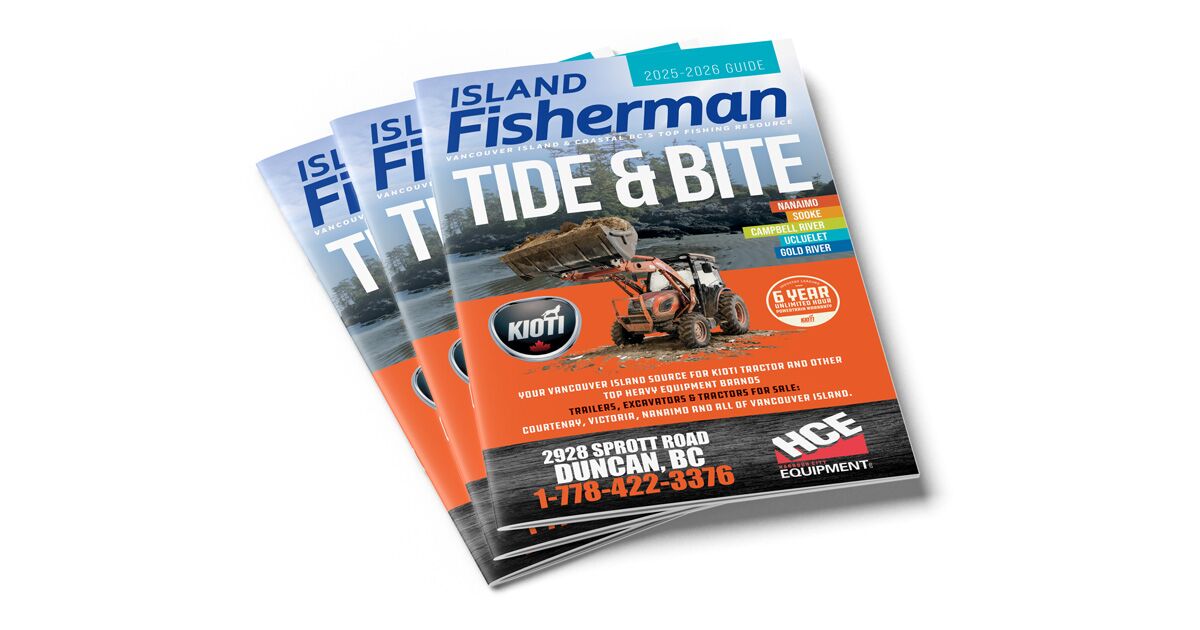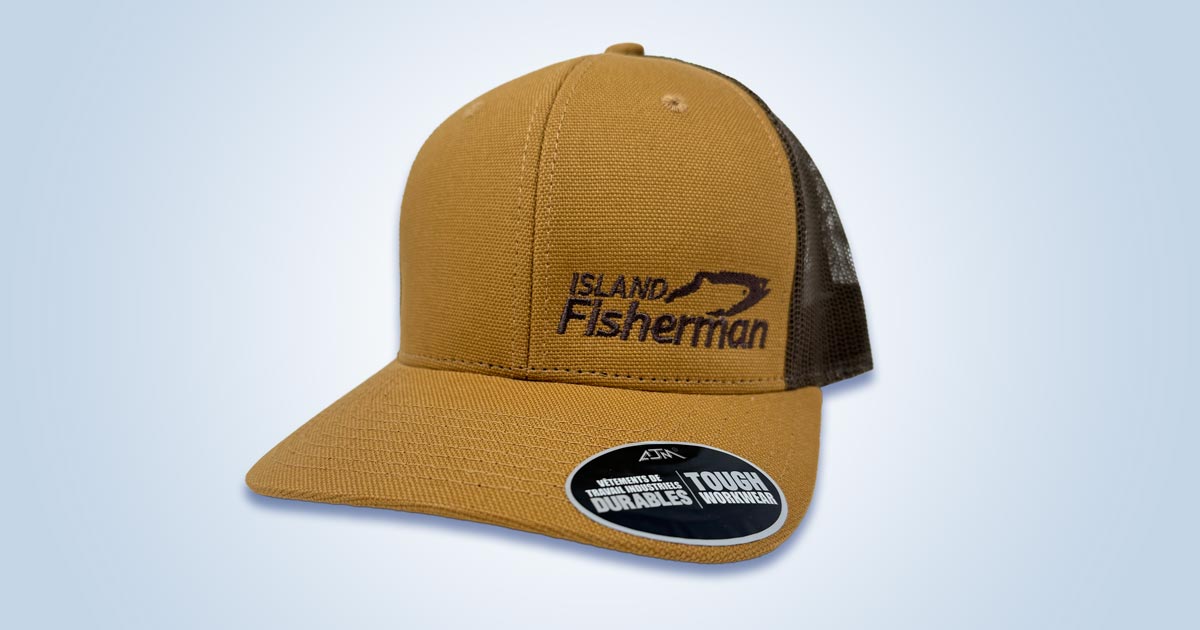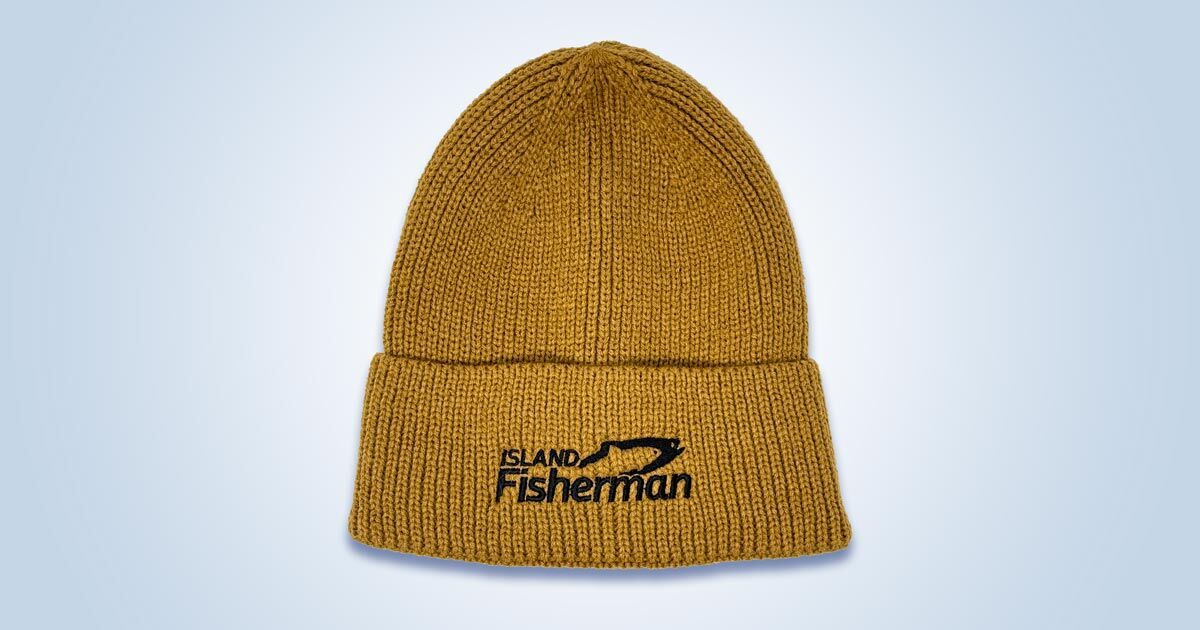On December 17th, the Honourable Bernadette Jordan Minister of Fisheries & Oceans, and the Canadian Coast Guard made an historic decision on the future of open cage salmon farming in the Discovery Islands Group, which is located north of Campbell River between Vancouver Island and the BC mainland.
Broughton Archipelago group of islands on the coast of British Columbia Canada (Photo by Russ Heinl/Shutterstock)
In a lengthy press release, she announced that salmon farming in the Discovery Islands will be phased out. Here are the salient points from what might be the most significant Federal Government decision to impact the west coast of BC in decades, if not longer:
- Salmon farming will be phased out
- The next 18 month period will be the last time this area is licensed
- No new fish of any size will be permitted to enter Discovery Island facilities
- All salmon farms must be free of fish by June 30th
- Existing fish can complete their growth cycle and be harvested
The decision affects 19 farm sites of which 9 are currently fallowed (without fish), and 5 fish farm companies including major multinationals like Mowi Canada West, Cermaq Canada Ltd., and Greig Seafoods Ltd.
These farms are located on the traditional territories of 7 coastal First Nations and their input was instrumental in guiding the Minister’s decision.
Salmon Fish Farm (photo by Alexander Gold/Shutterstock)
Fish Farming Background
Open cage salmon farms have been a source of controversy since they first arrived on the BC coast. Much of the concern was centered on the history of farming in countries like Scotland, Norway, and Chile, and the interactions of farmed salmon with native salmon and trout populations. BC issues included farm salmon escapes, potential establishment of invasion Atlantic salmon in rivers with weak stocks of Pacific salmon, sea bed contamination, disease transfer to wild fish, lice infestations, chemical remedies to remove lice, perceptions that farms did not operate under precautionary principal guidelines, and conflict of interest concerns over the federal government’s role as the industry’s regulator and advocate.
Atlantic Farmed Salmon (Photo by Alexander Raths/Shutterstock)
Early opponents of the industry were outspoken and determined, but appeared to continually run into brick walls when it came to government responses to their concerns. Researcher Alexandra Morton is one of those long time campaigners who experienced the blow back first hand.
Alexandra Morton (photo source Alexandra Morton, Facebook)
On hearing the announcement she made these remarks. “The news that the federal government is going to honour First Nation objection to the salmon farms in the Discovery Islands is news that wild salmon desperately needed. Approximately one third of all BC’s wild salmon swim through the Discovery Islands and in some years, they were simply not making it through the sea lice. The really good news is that the small Okisollo Channel, which fills with young wild salmon every spring on their way to sea, will be empty of farmed salmon for the first time since 1991, the year the sockeye decline began. It will be interesting to see how salmon returns respond to this.”
Wild Salmon Forever’s Tony Allard commented, “It’s a good day for wild Pacific salmon, we are finally seeing a step in the right direction. Today is a victory for all those who have been in this fight for decades”.
The Pacific Salmon Foundation (PSF) released a lengthy statement which included, “The Pacific Salmon Foundation sees this as a consequential step forward in the recovery of wild salmon.” The Foundation was indirectly involved in recent studies to assess farm related pathogens as required by the 2012 Cohen Commission Report on Missing Fraser River sockeye. Interestingly, the PSF did not support the government’s position that farms met the “minimal risk standard” that would allow for license renewals.
Public Fishery Response
Recreational anglers always supported the removal of open cage operation from the ocean to land based facilities, so if blogs and emails are any indication, their reaction is the same as other who’ve expressed their opinion on this significant decision.
In an age when so many pressures are already affecting all marine fishing opportunities, anglers understand that a salmon can only be killed once. Whether it dies from viruses, lice infestation, spills and pollution, it’s still dead. The reality has been that those deaths were a reallocation of salmon that would have benefitted all legitimate harvesters who, for the last two decades or more, have been bearing all the conservation costs associated with weak stock recovery.
It appears that discussions about phasing out farm operations in the other major open cage salmon farm regions by 2025 will be proceeding through multi-stakeholder processes.
Visit the Store
$34.99
$34.99
Featured Catch
Joel Unickow halibut (Photo: Rob Frawley Lucky Strike Sportfishing Tofino)



